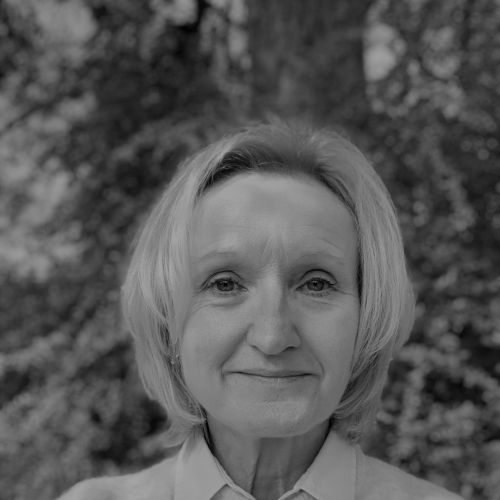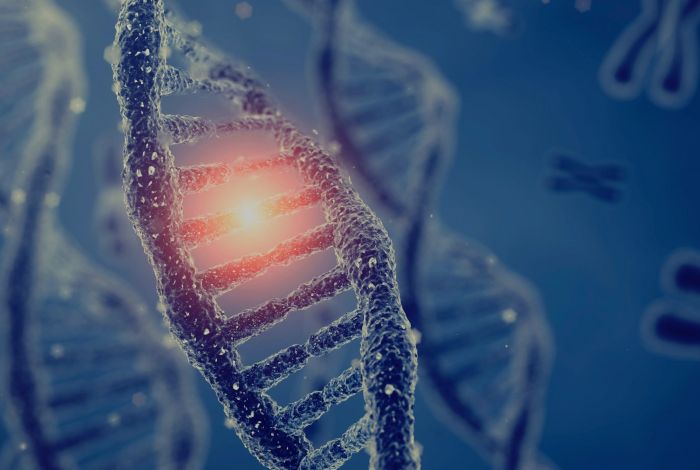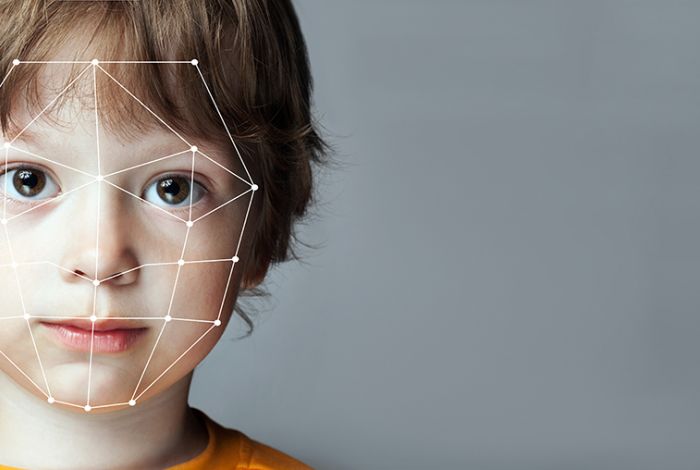In BigMed, we want to address this and other issues related to privacy. Which issues can be resolved within today’s legal boundaries, and what policy and legislative changes are needed in order to realize the full potential of precision medicine? Which ethical considerations do we need to take into account in order to ensure the future that we as a society wish for? And how do we ensure that patients’ rights and integrity are cared for as technology advances? BigMed has established a group of lawyers dedicated to address these questions and work on both considerations and recommendations relevant for policymakers and the public.
The legal workinggroup in BigMed, led by OUS legal department and UiO legal institute, is working closely with the technical teams in BigMed that are developing solutions and demos for implementation of precision medicine in the clinic. They use specific cases to identify and discuss the legal issues precision medicine faces.
The legal group addresses these issues through dialogue with health authorities, international research communities and through participation in social debates on topics related to the current and future use of precision medicine. The legal group also participates in dialogues particularly with the Norwegian Directorate of Health, the Norwegian Directorate of e-Health, the Norwegian Board of Health and the Ministry of Health and Care Services
Important issues include:
- How privacy laws must be balanced with other health regulations
- How regulations must be adapted or interpreted in order to allow for data driven clinical decision support, including issues around big data.
- Considerations of when genomic information can be considered anonymous and therefor allowed to be shared freely. (Classified variants to be interpreted as medical knowledge rather than personal data etc.)
In addition to direct legal support of BigMed developments and a focus on dissemination of learnings, the deliverables in the legal work package include a doctoral thesis and a master thesis. The doctoral thesis addresses the issues precision medicine faces as of today, giving a number of proposals for new legal perspectives and future bills. The master thesis addresses the regulations for secondary use of data and is an anthology on legal issues concerning secondary use of clinical and genomic data as basis for clinical decision support.
Three BigMed seminars on big data for clinical use from a legal perspective:
- June 2018 - summary has been published in bookform HERE
- November 2019 - summary report is available HERE
- November 2020 - read more about the program HERE
Partners: OUS legal, UiO legal institute and others.






